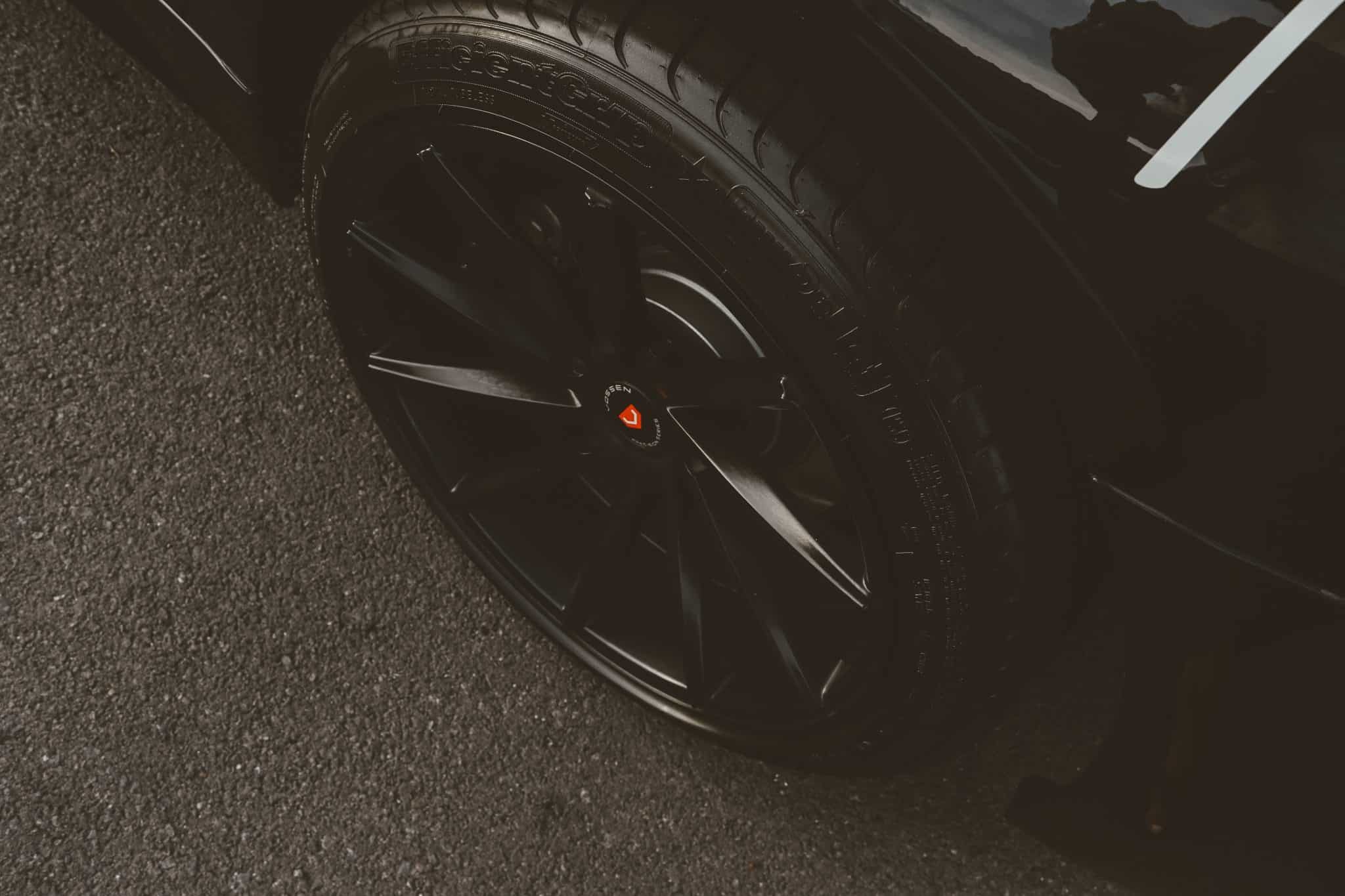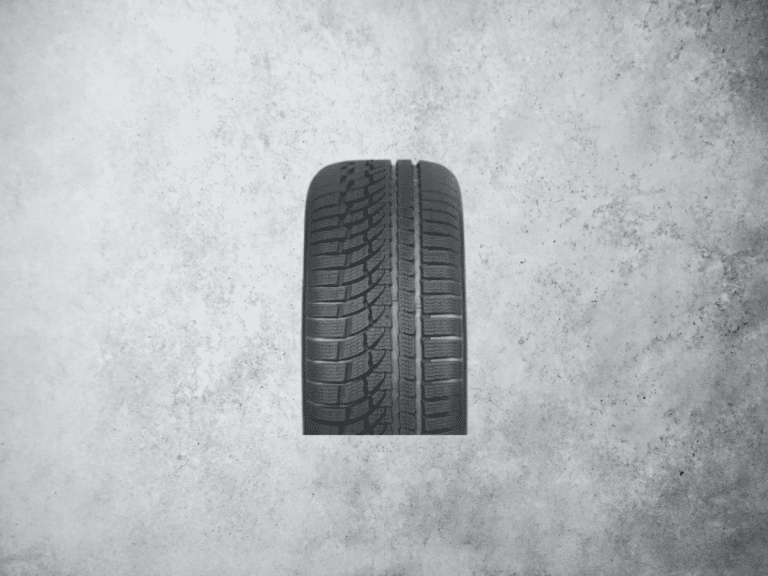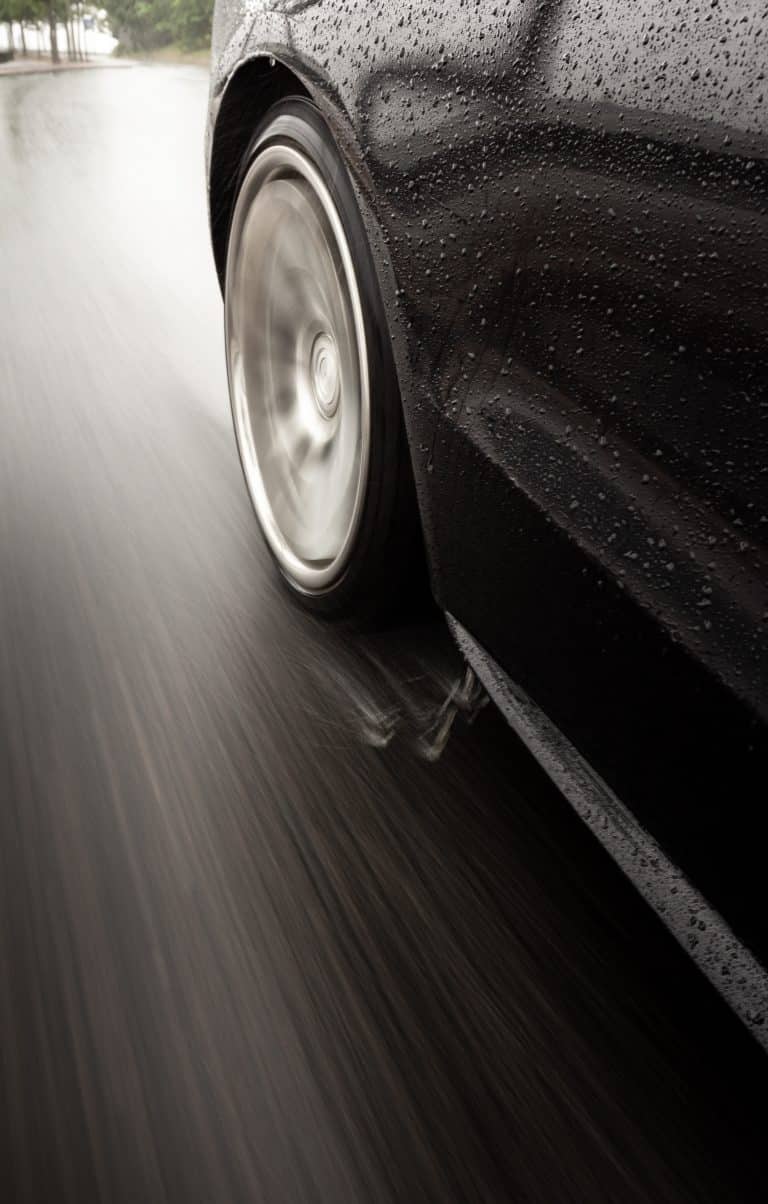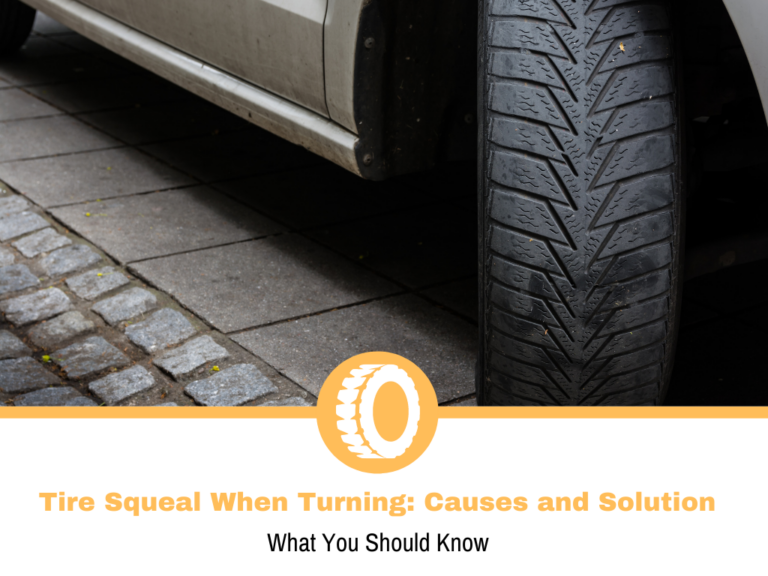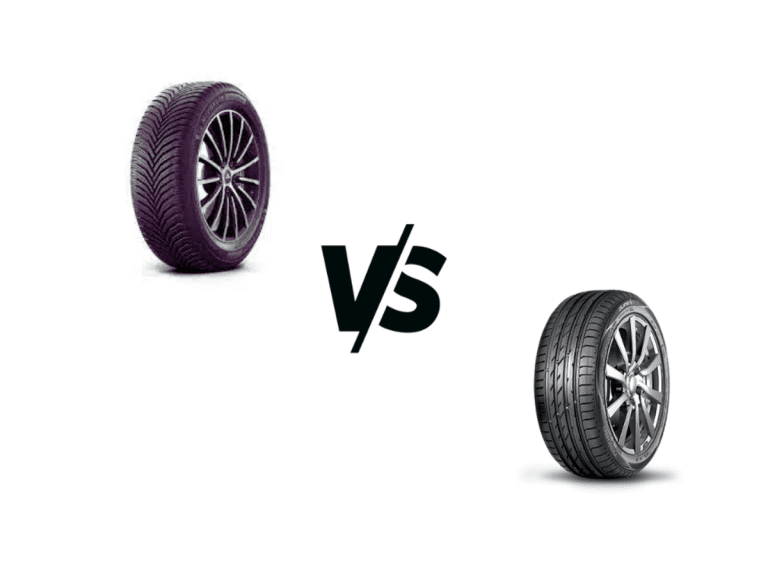How Tires Affect Road Noise
Throughout history, the wonders of modern technology are the main reason cars today are so advanced. A decade ago, we barely had some half-decent cruise controls and today, we have self-driving cars. To be fair, they’re still far from perfect, but we’re getting there.
Among the many advantages we have with today’s cars is the refinement, or to be specific, the noise levels. With tons of sound insulation, cars are becoming quieter and quieter. Take any modern hatchback and compare it with the same model from a previous generation. The difference is there, but it may not be as pronounced with some models.
As quiet as cars are, there are still some noises you’ll hear. Unless you’re driving an electric vehicle, the engine is something you’ll hear. Depending on the design, you may get some wind noise and finally, there’s the tire noise. Keep in mind that I’m talking about a healthy car, not the one where you’ll need to turn up the radio so that you don’t hear the wheel bearing grinding itself to pieces.
Since I mentioned the tires, you probably know where this is going. Tires make noise and some make more than others, but why is that? In today’s guide, I’ll explain why you hear the noise from your tires, and you’ll learn why some are louder.
Why do Tires make Noise?
Before I explain everything, we need to talk about the basics and that’s the why, or in this case, why tires make noise. There are two aspects that can determine how loud a tire is, and that’s the surface and the tread pattern.
The simplest explanation is that as you’re driving, the air gets trapped in the grooves of the tire and is compressed. This happens in a millisecond, but when the air is released from beneath, it produces a note. The road noise you hear is thousands of notes, which sound like a continuous roar.
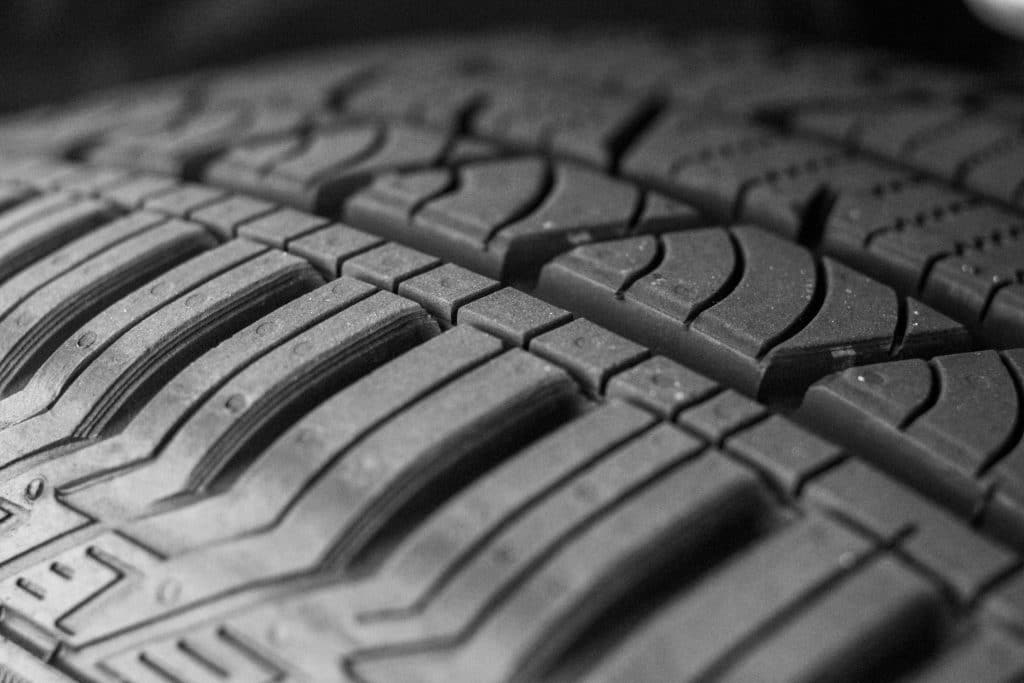
There are loads of different notes you’ll hear depending on the pattern, type of surface, size of the tire, and a few other things. As I said before, I’ll cover the aspects only for healthy cars and tires because there are some other noises that indicate there’s a problem.
With the brief explanation out of the way, let’s look at each aspect and how it can increase or decrease the noise the tire makes.
Tread Pattern
The biggest culprit in terms of tire noise is the tread pattern. Unless you’re running racing slicks, which are not road-legal, there is no way to avoid the noise generated from the tread. Each time a portion of the tire is contacting the road, it compresses the air, and it creates noise when the air is released. When you consider how many times a tire rotates, you can guess that it happens a lot.
Based on the design, the note can vary from one tire to another, which also means that the noise levels will be different. Almost all tires have unique patterns, so you’ll hardly find two tires that produce the same noise. To our ears, they may sound the same, but they’re different.
The simplest explanation is that the noise levels depend on how aggressive the pattern is. Winter tires will be louder than summer tires because they have a more aggressive design. This rule also applies to all-terrain and mud-terrain tires especially. The aggressive pattern means that more air goes into the grooves, so the note will be higher. I have to point out that there are some expectations and I’ve driven winter tires which are quieter than summer ones. But why?
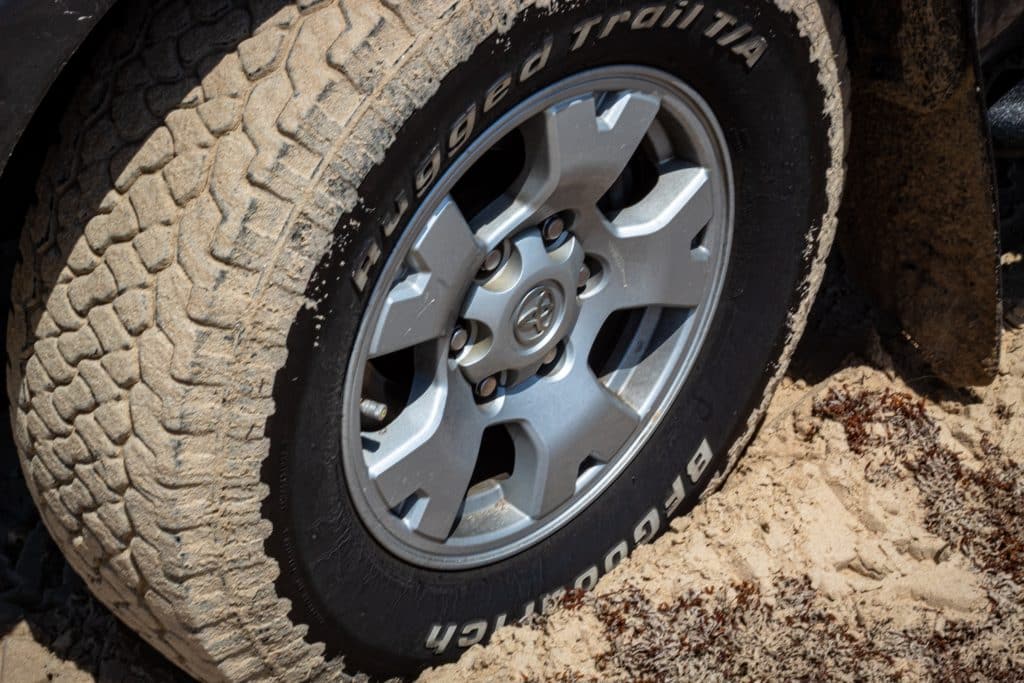
Tire manufacturers do wonders with the pattern and every little part has a purpose. In this industry, there is a little thing called pitch sequencing. It’s part of the design process where different patterns are next to each other. Each one creates a different note and there are two outcomes. In some situations, manufacturers can cancel out some noises, which helps reduce the noise levels. The second outcome is that the different notes combine the tune into a hum.
We’ve established that the tread pattern is the main reason tires make noise, meaning that as the tire wears down, the noise levels should decrease. In theory, yes, but that’s not always the case in reality. As the tread depth decreases, the amount of air that gets trapped reduces, so the noise levels should be lower. In many situations, that is the case, but I’ve experienced some tires that become louder as they wear down. This comes down to the pattern and with some of them, you may run into this issue.
Road
The second aspect I should cover is the type of road you’re driving on. The principle here is like the tread pattern and the noise comes from trapped air. Unlike with the tread pattern, in this regard, the air is trapped in the road.
No road in the world is smooth as glass, so there are some irregularities. Looking at it from afar may seem like it’s smooth as a baby’s behind, but a closer look will reveal that it’s not as perfect. Since the principle is the same as with the tread pattern, you can guess that the smoother the surface, the less additional noise the tire will make.
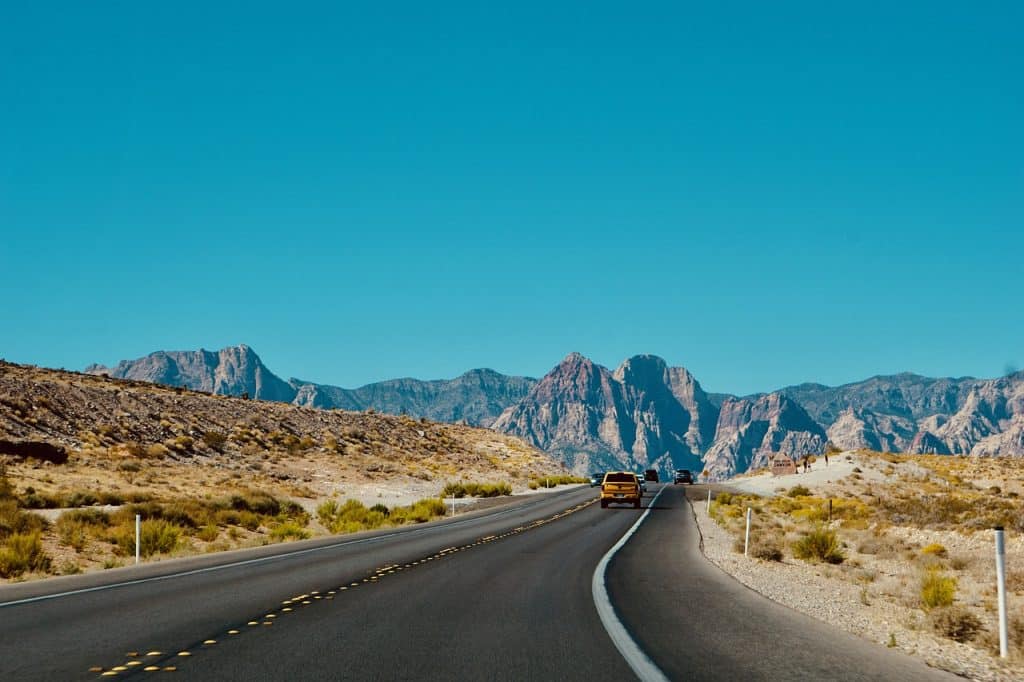
Regardless of how smooth the surface is, the tire will generate noise. When it comes to the roads, there is additional noise you’ll hear. The simplest way to explain it is something that most of us have experienced at least once. If the road in your neighborhood or some highway was recently renovated, you’ll instantly notice a difference.
The new road will probably be smooth, and the noise levels will be lower. Once the new path ends and you’re back on the old one, the chances of hearing more tire noise are greater.
Tire Size
Finally, let’s talk about the tire size as a potential reason for increased tire noise. If you compare 175 and 245 tires, you’ll notice that the wider tire has more grooves and sipes. We already talked about the groves being part of the musical instrument that generates the noise, so you have an idea of where this is going.
Wider tires are usually louder than narrower ones. Naturally, this is a comparable matter only if we put two tires from the same model, but different widths. That’s the only way to verify this because two models will have different noise levels from the start. Despite that, as a general rule, expect to get slightly higher noise levels with wider tires.
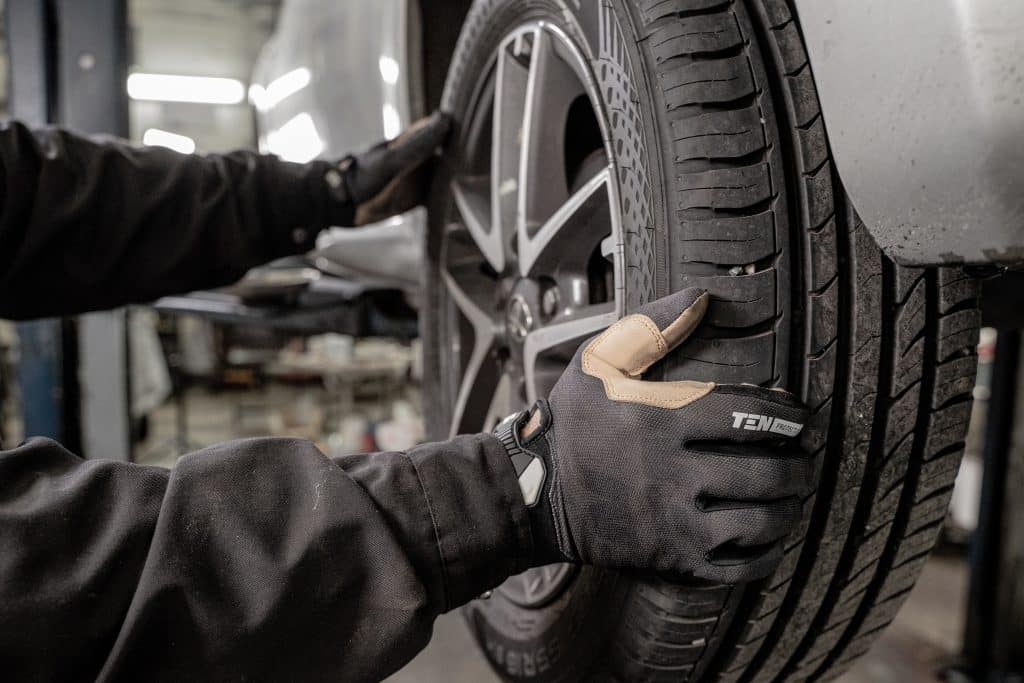
Does this mean that you should put narrower tires on your car? I wouldn’t recommend it. Going for this option may reduce the noise slightly, but you’ll also reduce the performance you get. Wider tires are known for offering more traction than narrower ones, so you’ll have less performance if you decide to downsize things.
How to Choose a Quiet Tire?
Making choices is an essential part of owning a car, so it’s the same thing with the tires. We all want to have the quietest ride possible, and even though that’s possible, it doesn’t come without some drawbacks.
Based on everything I’ve outlined in this guide, the best option for a quiet ride is a set of touring tires. They are designed with refinement in mind, so the noise levels will be lower when compared to UHP or off-road capable tires. There are some exceptions, and you may come across a performance-oriented tire that seems more refined than a touring one. It’s not common, but it can happen.
Now you’re probably thinking that it’s a good idea to slap on a set of Turanza QuietTrack tires on your Supra? Maybe, but it depends on how you drive the car. If you’re doing highway and city driving, basically driving the car like it wasn’t meant to be driven, then you can go for that option. The problem is that touring tires won’t deliver the same performance as a set of UHP tires, so you won’t be pushing the car too much.

To be fair, tires have become relatively quiet and the cars we drive these days are decently insulated. Sure, you can get a set of performance tires that won’t be a headache every time you drive on the highway.
What about the other types of tires? Regardless if you’re thinking about winter, all-season, or some of the off-road tires, you’ll need to accept some compromises. A winter tire will offer the best performance on snow and colder temperatures, but it will be noisier than a summer one. You’ll need to accept the fact because driving summer tires in winter is dangerous. It’s the same with off-road tires. If you’re driving in these conditions, you have a high chance of getting stuck or damaging a set of touring tires. You’ll have to live with the higher noise levels if you want the best performance in those conditions.
Conclusion
Everyone who’s been in a car at least once knows that there are noises associated with it. Among the many you’ll hear are from the tires, which is a common thing. Multiple aspects contribute to the noise you’ll hear from the tires, but the 3 most important ones are the pattern, road noise, and tire size.
It may be an inconvenience for some, but there’s no way to eliminate the noise from the tires. There are a few things you can do to reduce it, but the noise won’t the completely eliminated. Apart from getting a set of touring tires, there are a few other things that you can try to minimize the noise.
One thing to keep in mind is that going for a set of touring tires may help with the noise levels, but you will have to live with some compromises.
